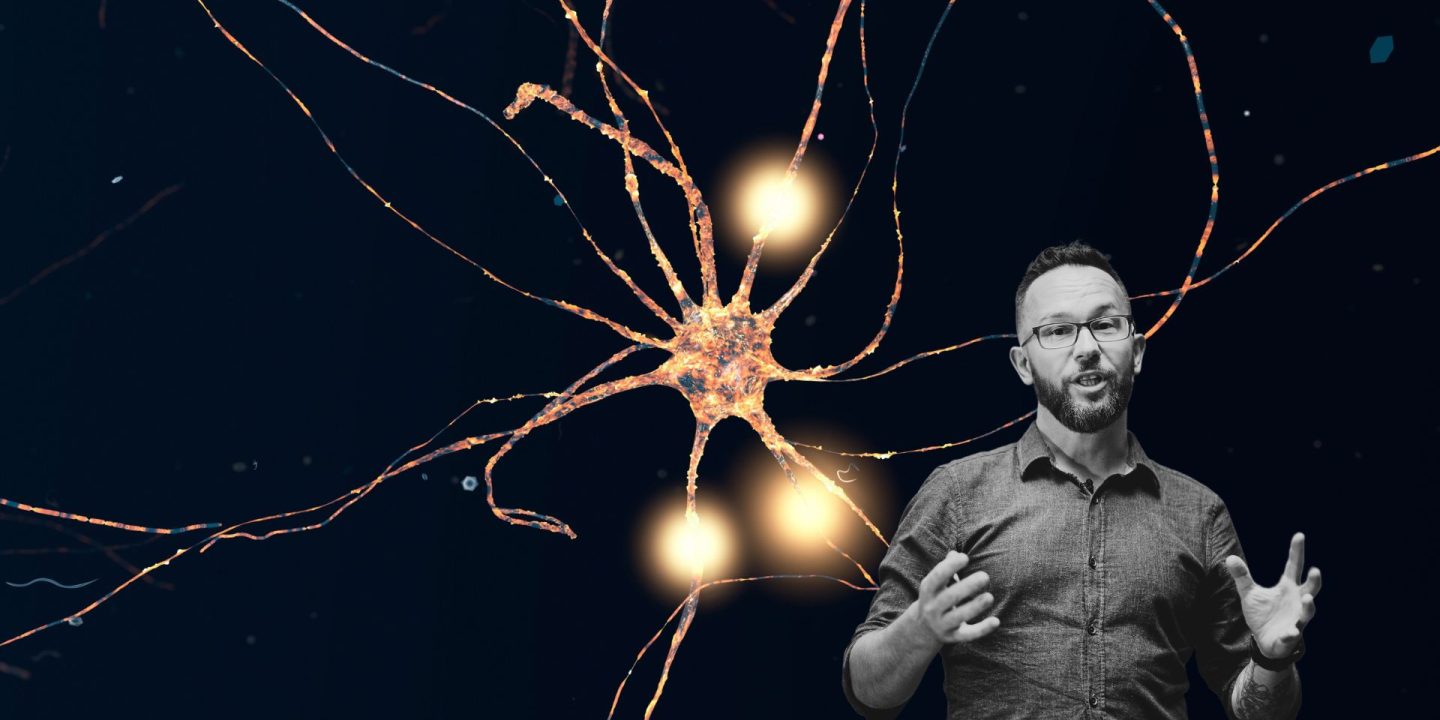Learn how Emma, a project manager, overcame a significant professional setback by creating a Blueprint for Sustained Fulfillment. Discover mindfulness meditation, growth mindset, and social support strategies to turn challenges into opportunities for growth and success.
Emma was an ambitious project manager at a thriving tech startup. Known for her attention to detail and ability to lead her team through tight deadlines and high-pressure situations, she faced a significant challenge when a recent project didn’t go as planned. Despite her best efforts, the project failed to meet its key objectives, leading to significant delays and budget overruns. Emma felt the weight of this failure deeply. It affected her confidence, and she began to doubt her capabilities as a leader.
Determined to bounce back and improve her resilience, Emma decided to take on the challenge of creating a Blueprint for Sustained Fulfillment. She started by identifying the recent project failure as her focal point. She reflected on how it impacted her thoughts, emotions, and behaviours. Emma realized that she had been dwelling on her mistakes, feeling overwhelmed by guilt and frustration, which affected her interactions with her team and her overall performance.
To address this, Emma researched various resilience-building strategies and selected three that resonated with her: mindfulness meditation, developing a growth mindset, and seeking social support.
Mindfulness Meditation
Emma decided to incorporate mindfulness meditation into her daily routine. She started with just 10 minutes each morning, focusing on her breath and allowing herself to let go of negative thoughts. This practice helped her feel more centred and less reactive to stress. Over time, she noticed that she could better manage her emotions and maintain a clearer perspective on her challenges.
Cultivating a Growth Mindset
Next, Emma worked on cultivating a growth mindset. She read Carol Dweck’s book, Mindset: The New Psychology of Success, and began to shift her perspective on failure. Instead of seeing the project’s failure as a personal shortcoming, she started to view it as a learning opportunity. She made a habit of asking herself, “What can I learn from this?” and “How can I improve?” This mindset shift helped her to see setbacks as temporary and solvable, rather than as insurmountable obstacles.
Seeking Social Support
Emma also recognized the importance of social support. She reached out to her mentor, who had experienced similar setbacks in his career and shared her feelings and concerns. Her mentor provided valuable insights and encouragement, reminding her that failure is a natural part of the growth process. Emma also began to lean on her team more, fostering a culture of open communication and mutual support. By sharing her vulnerabilities, she found that her team became more cohesive and resilient together.
Implementing the Strategies
Emma created a timeline for implementing these strategies. She committed to practising mindfulness meditation every morning, reading about growth mindset theories weekly, and scheduling regular check-ins with her mentor and team. She set specific, achievable goals for each week, such as increasing her meditation time by 5 minutes each month and documenting her learnings from each project in a journal.
Within a couple of weeks, she noted changes in her mental resilience, thoughts, emotions, and behaviours. Over a few months, Emma saw significant improvements. She felt more in control of her emotions, approached challenges with a constructive mindset, and experienced stronger, more supportive relationships with her colleagues.
Finally, Emma shared her action plan and progress with the course community. She posted her reflections and strategies in the community chat, received feedback, and engaged in discussions with peers who were also working on their resilience. This exchange of ideas and support further strengthened her commitment to her action plan.
Conclusion
By completing this challenge, Emma developed a personalized toolkit for building mental resilience. She learned to navigate failures with greater confidence and adaptability, turning setbacks into opportunities for growth. Her journey not only enhanced her professional capabilities but also fostered a more positive and resilient outlook on life.
Through this example, you can see how creating a Blueprint for Sustained Fulfillment can help you transform challenges into opportunities for growth and success. By following a structured approach and engaging with supportive peers, you too can build mental resilience and thrive in the face of adversity.
Ready to transform your leadership and forge impactful connections? Apply today to join our tech industry leaders network at the Neuro-Based Leadership Centre.
It is a platform for effective networking through learning, mentorship, co-creating solutions, collaborating on projects, cutting-edge neuroscience training, exchanging ideas and knowledge, gaining insights from those with diverse perspectives and establishing trust and credibility within the tech industry ecosystem and your potential clients.
Does it sound like what’s important to you and what you care about?
